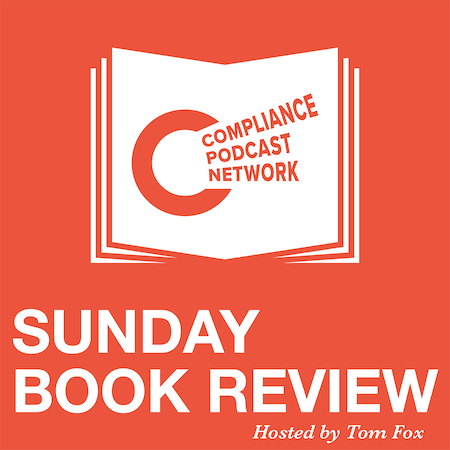Compliance programs play a crucial role in ensuring that companies adhere to legal and ethical standards. In today’s digital age, where data is abundant and easily accessible, the importance of data-driven compliance programs cannot be overstated. This message was driven home very forcefully in a speech in November by Nicole Argentieri, acting assistant attorney general for the Criminal Division. She stated, “I’d like to now turn to our use of data. In the Criminal Division, we too are going above and beyond in our effort to combat white collar crime. We are not just waiting for companies to self-report, or witnesses to come forward, or for anomalies to reveal themselves on a one-off basis. Let me be the first to tell you that we have proactively used data to generate FCPA cases, and we’ve only just gotten started.”
Data-driven compliance programs have moved from cutting edge and are now seen as best practices. Soon, they will simply be table stakes for companies to effectively manage compliance risks. By actively monitoring and analyzing data, companies can identify potential compliance issues, mitigate risks, and maintain their reputation and integrity. Collaboration between different departments and a formal risk assessment are key factors in establishing a robust compliance program. As technology continues to advance, the role of data analytics and AI in compliance monitoring is expected to become even more significant. It is crucial for compliance professionals to stay informed, continuously learn, and adapt to the evolving landscape of data-driven compliance.
Three key takeaways:
1. Nicole Argentieri, acting assistant attorney general for the Criminal Division, said, “Let me be the first to tell you that we have proactively used data to generate FCPA cases, and we’ve only just gotten started.”
2. . Compliance professionals must actively analyze the data for trends, anomalies, and potential compliance risks.
3. Data-driven compliance programs have moved from cutting edge and are now seen as best practices. Soon, they will simply be table stakes for companies to effectively manage compliance risks.
For more information on Ethico and a free White Paper on top compliance issues in 2024, click here.









